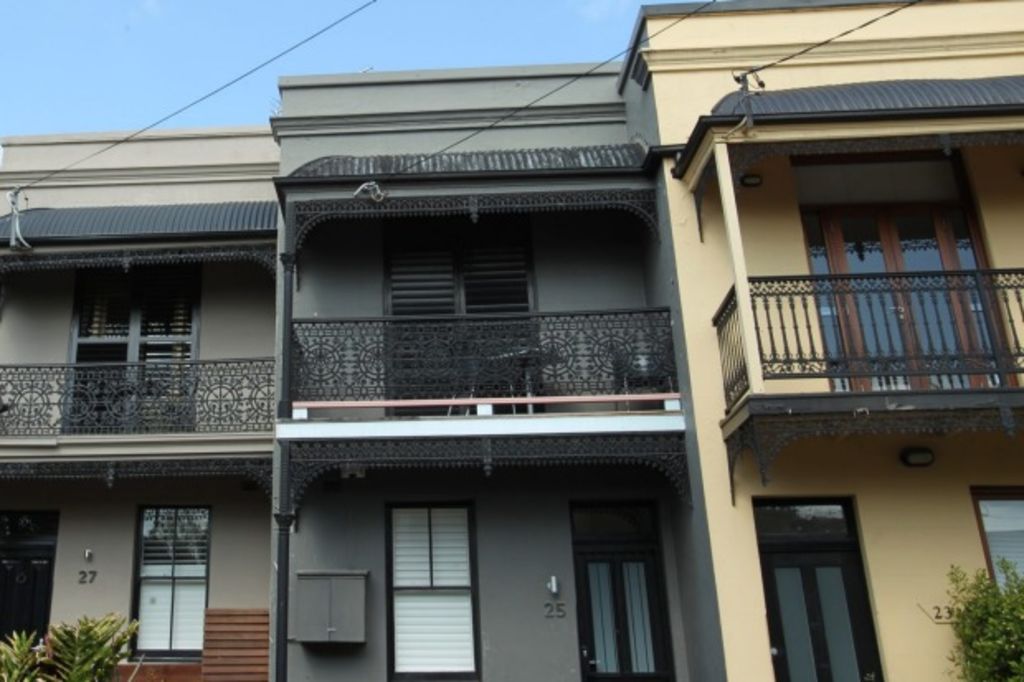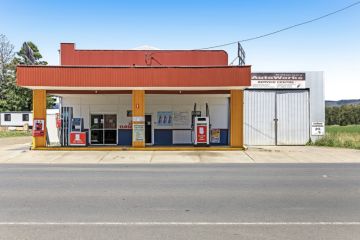Australia's rental markets getting tougher for tenants

Being a tenant in a capital city is getting tougher, and rents are set to increase.
Capital city home rental markets continue to tighten with rising demand from tenants pushing ahead of supply.
The national capital city home rental vacancy rate fell in August from 2.5 per cent to 2.3 per cent, with house vacancies reported at 2.1 per cent and units at 2.8 per cent.
Rental vacancies for houses in both Melbourne and Sydney fell through August to low levels, reflecting rising competition among tenants for available properties.
Most capital cities recorded falls in the total home rental vacancy rate with the exception of Adelaide and Canberra which were steady, and Perth which was the only capital to record a rise in the vacancy rate.
The Perth rental market continues to report the highest total home rental vacancy rate of all the capitals although local unit vacancies fell slightly to 4 per cent over the month.
The Sydney rate of 1.8 per cent was down over the month from 1.9 per cent, with Melbourne similarly falling – down from 1.9 per cent to 1.7 per cent. Vacancy rates for units in Sydney and Melbourne also tightened over August, although they remain clearly higher than the rates for houses.
High levels of new building for both houses and units and strong investor activity are yet to impact the Sydney and Melbourne rental markets. Low numbers of first home buyers and strong migration have kept demand ahead of supply.
Most capital city rental markets now report tight vacancy rates well below 2 per cent for houses with Hobart and Canberra the lowest at 1.1 per cent and 1.4 per cent respectively.
Rental vacancies for units however are generally higher than houses, with Canberra reporting a sharp rise over the month to 3.9 per cent – reflecting recent relatively high levels of new apartment development.
Low and falling vacancy rates will continue to drive ongoing high levels of activity from residential investors.
Dr Andrew Wilson is Domain Group Senior Economist
We recommend
States
Capital Cities
Capital Cities - Rentals
Popular Areas
Allhomes
More
- © 2025, CoStar Group Inc.






